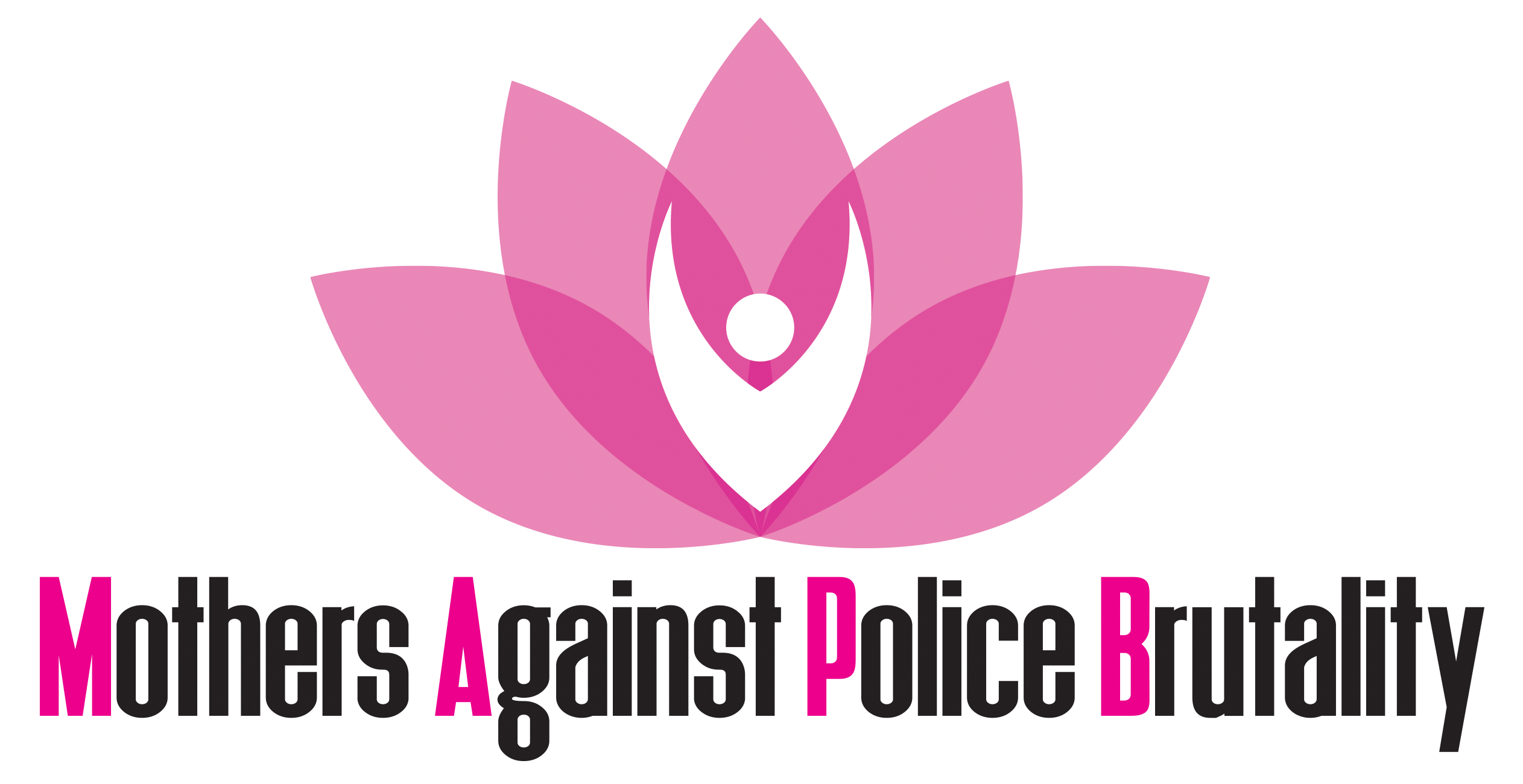FOR IMMEDIATE RELEASE
October 27, 2014
Contact:
Collette Flanagan, 214-989-8888, mothersagainstpolicebrutality@gmail.com
John Fullinwider, 214-683-2493, jhfulliwider@gmail.com
Date: Friday * November 7, 2014 * 7 p.m.St.
Luke “Community” United Methodist * 5710 E. R.L. Thornton * Dallas, Texas
When the police kill your loved ones, what happens next? You are invited on Friday, November 7, to this landmark public hearing on fatal police shootings in Dallas. Come hear the testimony of families who have lost their sons, daughters, sisters, brothers, and parents at the hands of local police. The statistics and press reports tell one story, but these families struggle every day with the truth behind the facts. Theirs is the missing voice, from Ferguson to Dallas, in the debates about deadly force policy in America. Join us at St. Luke “Community” United Methodist Church as we lift up their voices to end the national disgrace of police brutality.
The witnesses’ testimony will be received by a panel of community leaders, including Rev. Dr. Michael Bowie, Jr., Senior Pastor, St. Luke “Community” United Methodist Church; Dr. Brenda Wall, Pastor of Christian Education and Counseling, Friendship West Baptist Church, and a practicing psychologist; Hector M. Flores, former San Antonio police officer and past national President of LULAC; Joy Strickland, founder, Mothers Against Teen Violence; and John Fullinwider, co-founder MAPB and President, Dallas Peace Center. Rev. Dr. Frederick D. Haynes III, Senior Pastor, Friendship West Baptist Church, will open the hearing, which will conclude with remarks by Pastor Bowie.
“We want to bring to the table the voices of families who have felt the full force of police violence,” said Collette Flanagan, who founded MAPB after her unarmed son was shot to death by a Dallas police officer in March 2013. “In every city in this country, there are families struggling with grief and loss, mothers whose children’s lives were stolen by the very officers who are sworn to protect the community. We want the nation to hear their voices, the deep humanity of their grief, and we are determined to remember their children as we work to change the use of deadly force.”
“The fatal police shootings of unarmed and mentally ill persons over the past decade in Dallas cry out for a high-level policy review,” said John Fullinwider, co-founder of MAPB. “Where is the Mayor of Dallas, when his police force kills civilians with impunity? Does he care that an officer can shoot an unarmed man to death, even shoot him in the back, as in the recent killing of Andrew Gaynier, and be back on duty before the autopsy is released? Where is the city council? Do they care that two officers can shoot to death a mentally ill man, even shoot him twice in the back, as in the recent killing of Jason Harrison, and be back on duty before the DA and grand jury investigation is completed?”
The invited testimony will be transcribed and recorded for use by researchers and policy makers. MAPB intends this to be the first of numerous public hearings, co-sponsored with groups in others cities and with national coalitions such as the Stop Mass Incarceration Network. MAPB will organize a second hearing in Dallas to receive open testimony from the public in the near future.
About Mothers Against Police Brutality
Mothers Against Police Brutality (MAPB) is an emerging, Dallas-based multi-generational, multi-racial, and multi-ethnic coalition uniting people nationally, from all walks of life, to hold law enforcement agencies more accountable. Founded by Collette Flanagan in 2013 after her son, Clinton Allen, an unarmed young man in custody, was shot to death by a Dallas police officer, MAPB calls for an immediate end to substandard investigation of use of excessive force by police officers and policy and culture reform that privileges the sustaining of life rather than the taking of it. Transforming grief into determination, Flanagan and MAPB are leading the charge to change the city’s deadly force policy, to support families who have lost loved ones to police violence, and to help restore trust between the police and the communities they are sworn to serve and protect.
